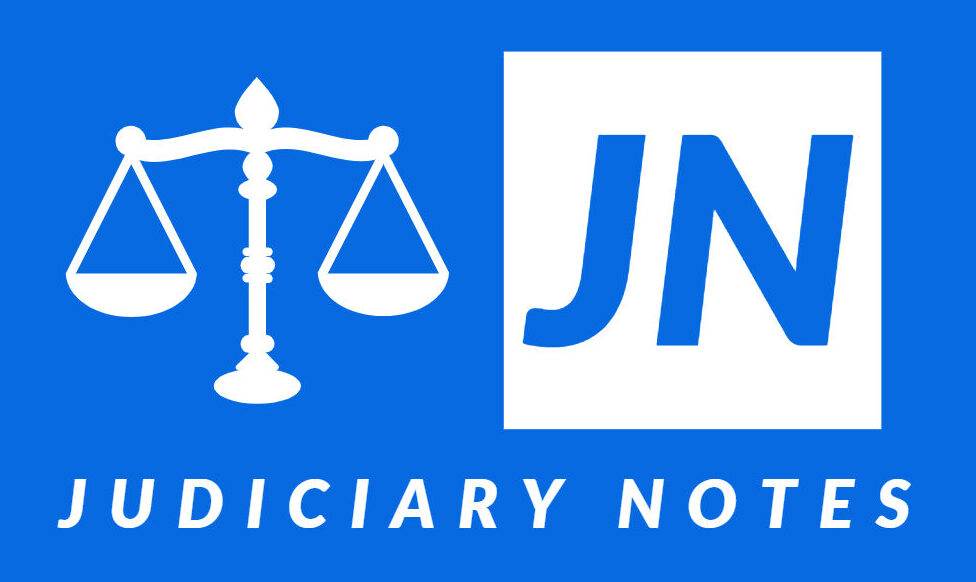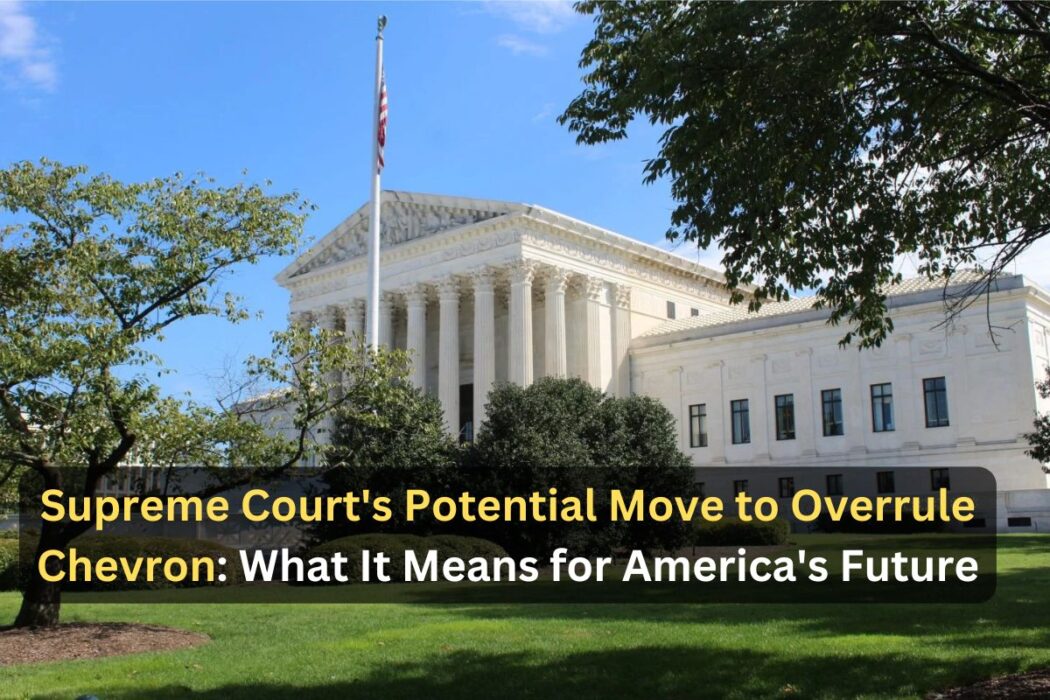In the world of law and government, sometimes big decisions can change the way things work for a long time. One such important case involves something called the “Chevron deference.” It’s a term that might sound complicated, but we’ll break it down so that even an 8th grader can understand. Recently, there’s been talk about the Supreme Court possibly overruling Chevron, and that’s what we’re going to explore today.
What Is the Chevron Deference?
Let’s start with the basics. The Chevron deference comes from a case called *Chevron U.S.A., Inc. v. Natural Resources Defense Council, Inc.* that was decided in 1984. In this case, the Supreme Court made a ruling about how much power government agencies should have when interpreting laws written by Congress.
To understand this better, think of the government as a big machine with different parts that do specific jobs. Congress is one part that makes the laws, and then there are agencies, like the Environmental Protection Agency (EPA), which work on specific issues like protecting the environment. Sometimes, the laws Congress writes can be a little unclear or open to interpretation. When this happens, these agencies step in to decide how to apply the law.
The Chevron case asked a big question: How much should courts trust these agencies when they interpret the laws? The Supreme Court decided that if a law is unclear, courts should usually trust the agency’s interpretation as long as it’s reasonable. This is known as the Chevron deference. It was named after the Chevron case itself.
Why Was the Chevron Case Important?
The Chevron deference was a big deal because it gave agencies a lot of power. Instead of courts always deciding what the law means, agencies could interpret laws in a way that matched their expertise. This made sense because agencies like the EPA have experts who understand things like environmental science better than judges might.
But not everyone agreed with this. Some people thought that it gave too much power to government agencies and took away the power from the courts. Over the years, this has been a hot topic of debate, with some arguing that agencies were overstepping their boundaries.
The Supreme Court Might Overrule Chevron
Now, let’s fast forward to today. There’s a chance that the Supreme Court might decide to overrule, or cancel out, the Chevron deference. This would mean that courts wouldn’t have to trust agencies as much when they interpret unclear laws. Instead, courts would have more power to decide what these laws mean.
The idea of overruling Chevron has been gaining attention recently because some Supreme Court justices think that the Chevron deference gives too much power to unelected officials in agencies. They believe that judges, who are appointed and confirmed through a process that involves elected officials, should have the final say on what laws mean.
If the Supreme Court overrules Chevron, it would be a major change in how laws are interpreted. Agencies would have less power, and courts would have more. This could impact many areas, from environmental regulations to business practices, as agencies might have to take a step back and let courts decide more often.
Arguments For and Against Overruling Chevron
Like with any big decision, there are people who support and people who oppose overruling Chevron. Let’s take a look at both sides.
Arguments For Overruling Chevron:
1. Protecting the Balance of Power: Some people believe that by overruling Chevron, it would protect the balance of power between the different branches of government. They argue that agencies, which are part of the executive branch, shouldn’t have so much power to interpret laws, which is something that should be up to the judicial branch (the courts).
2. Limiting Government Overreach: Others argue that agencies sometimes go too far in their interpretations, creating rules and regulations that go beyond what Congress intended. By overruling Chevron, courts could rein in these agencies and ensure they don’t overstep their authority.
3. Ensuring Accountability: Since agency officials are not elected, some people think that they shouldn’t have so much power to make decisions that can affect everyone’s lives. They argue that judges, who are appointed through a process involving elected officials, should have more control.
Arguments Against Overruling Chevron:
1. Respecting Expertise: One of the biggest arguments against overruling Chevron is that agencies have experts who really understand the issues they’re dealing with. For example, scientists at the EPA know a lot about the environment, and it makes sense to trust their judgment when it comes to environmental laws.
2. Efficiency in Government: If courts had to decide every time there was a question about what a law means, it could slow down the government’s work. Agencies can act more quickly because they specialize in certain areas, while courts have to handle all sorts of different cases.
3. Consistency in Law: Another argument against overruling Chevron is that it could lead to more inconsistency in how laws are applied. If different courts start interpreting laws in different ways, it could create confusion. The Chevron deference helped create a more uniform approach.
What Could Happen Next?
So, what could happen if the Supreme Court decides to overrule Chevron? It’s hard to say for sure, but there are a few possibilities.
1. More Power for Courts: If Chevron is overruled, courts will have more power to decide what laws mean. This could lead to more court cases as people challenge agency decisions, hoping to get a different outcome in court.
2. Changes in How Agencies Operate: Agencies might have to change how they operate, knowing that their interpretations could be more easily challenged in court. This could make them more cautious in how they apply laws.
3. Impact on Everyday Life: The decision could affect many areas of life, from the environment to business regulations. If agencies have less power, it could change how laws are enforced and how rules are made.
Conclusion
The Supreme Court’s possible decision to overrule Chevron is a big deal in the world of law and government. It’s about more than just one case; it’s about how power is divided between agencies and courts, and how laws are interpreted in our country. Whether you think Chevron should stay or go, it’s clear that the decision will have a major impact on how our government works in the future.

